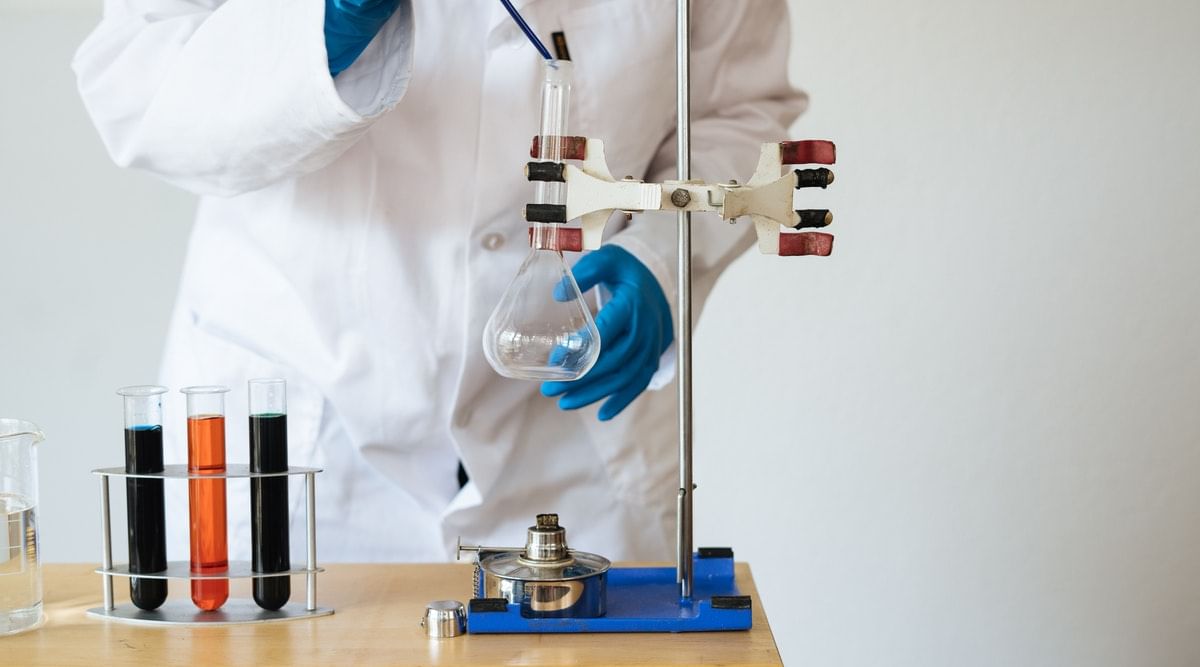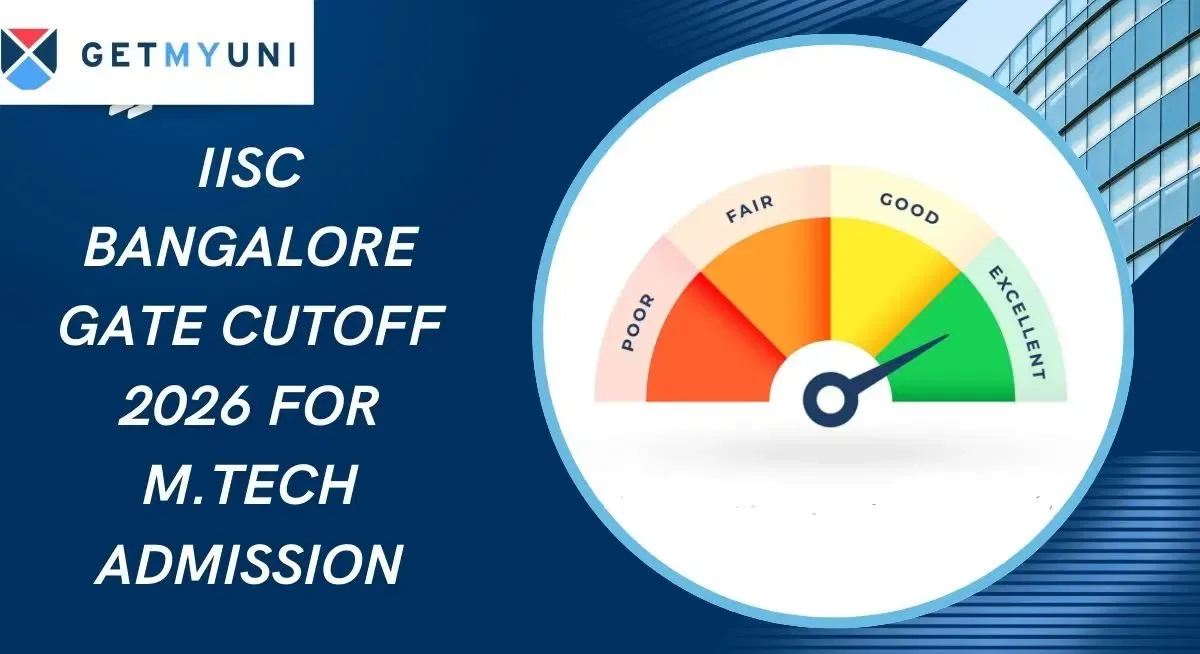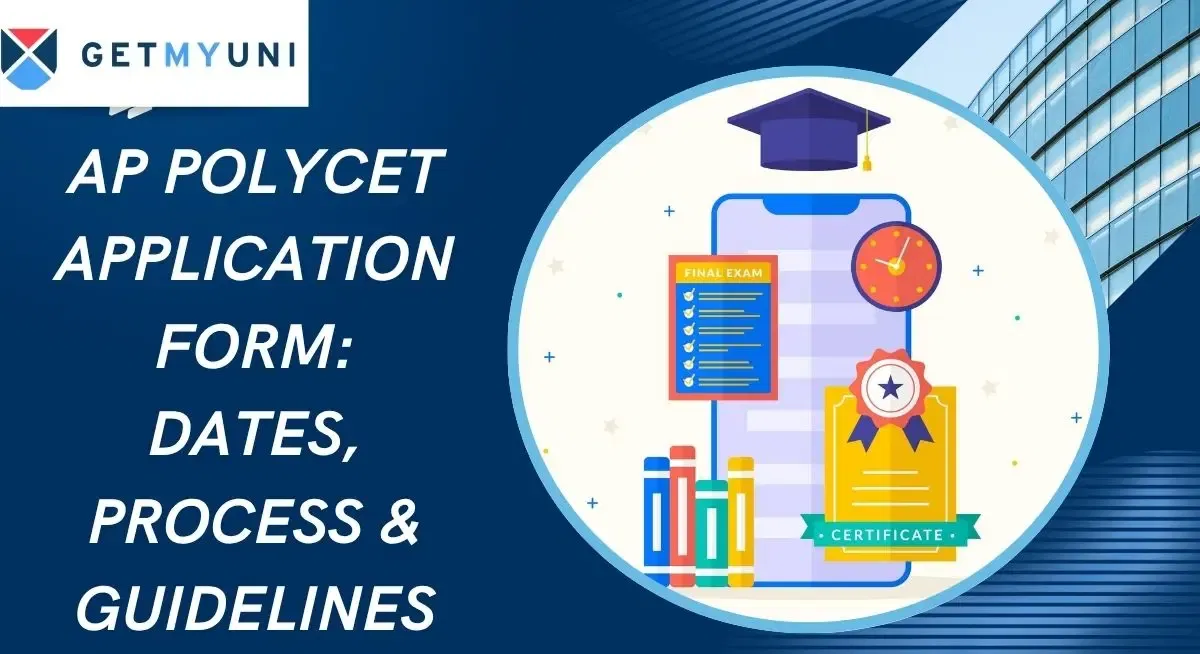Looking for a career in Water Resources Engineering? Read this article to know about courses, books, syllabus, jobs, salary, and colleges in India.
Those seeking a career in engineering have a variety of options available to them. Water Resources Engineering is one such course. The study of Water Resources Engineering involves the quantitative analysis of the hydrologic cycle, which is the flow of water between the earth's atmosphere, land, and oceans.
What is Water Resources Engineering?
Water Resource Engineering is a particular sort of civil engineering that includes the plan of new systems and equipment that help oversee human water resources. A portion of the areas Water Resource Engineers address are water treatment facilities, underground wells, and natural springs.
Water Resource Engineers must make new equipment and systems to expand the effectiveness and productivity of water treatment and aquatic resource management. A regular workday includes the analysis of data from applicable areas, at that point designing new or improved facilities to upgrade the purifying impacts of the water treatment system. A Water Resource Engineer must take budgetary requirements, government guidelines, and different variables into thought when planning these systems. A Water Resource Engineer may then regulate the development and execution of these systems to guarantee that they are appropriately assembled. After finishing, they may deal with the upkeep(maintenance) of these frameworks.
Water Resource Engineering Courses
Here's a list of types of Water Resource Engineering courses a student can pursue:
Bachelor Courses:
- B.Tech Water Resource Engineering
Master Courses:
- M.Tech Water Resource Engineering
- M.Sc in Water Resources Engineering
Ph.D. Courses:
- Ph.D. Water Resource System Engineering
Certification Courses:
- Water Treatment Plant Design
- Water Distribution Systems
- Urban Water Systems
- Tracer Hydrology and Flow System Analysis
B.Tech Water Resource Engineering
B.Tech in Water Resource Engineering is a four-year undergraduate course that equips students with the learning for the planning, development, and management of water resources.
Water Resource Engineers are involved in the design, construction, maintenance of stormwater harvesting, re-use systems, wastewater treatment systems, desalination systems, dams, pipelines, pumping stations, seaport facilities, etc.
How is B.Tech Water Resources Engineering Course Beneficial?
- It is beneficial to prepare for a professional career in Civil Engineering and Water Resources Management with an emphasis on project-based and industry-focused learning for sustainable development of water-related infrastructure.
- Water resources engineers must be able to provide solutions for flood control, facilitation, and hydroelectric power development, etc.
- The course is suitable to offer consultancy services to the industry for design, development, testing, and monitoring work in the broad field of Water Resources & Hydraulic Engineering.
Water Resources Engineers have wide scope to work in sectors such as:
- Environmental impact assessment and mitigation
- Water supply and treatment
- Air quality management
- Environmental policy and regulation development
- Contaminated land management and site remediation
- Environmental health and safety
- Irrigation and Water Management
- Water resource management
- Solid waste management
M.Tech in Water Resource Engineering
Master Degree in Water Resources Engineering is a two year post graduation course. The Water Science and Engineering Master’s Program focuses on the management and development of water resources and water flows and quality in the natural environment. Water Resources engineers are also involved in many of the areas of Coastal Engineering such as coastal sediment transport and maritime hydraulics structures etc.
M.Tech. Water Resources Engineering Course Suitability:
- Students who have an inclination towards mathematical and scientific principles, design, development, and operational evaluation of systems for collecting, controlling surface-and groundwater, including water quality control, water cycle management, human and industrial water requirements, etc.
- Willing to solve problems related to stormwater drainage and flood damage mitigation; related to water quality in streams and aquifers, erosion, sedimentation, protection of ecosystems and other natural resources also can go for it.
M.Tech Water Resources Engineering Jobs
- Research Associate
- Climate & Water Modeller
- Design Manager
- Lecturer/Professor
- Manager
- Procurement Manager
- Application Engineer
- Site Engineer
- Water Resource Engineer
- Mechanical Engineer
Water Resource Engineering Colleges in India
The colleges offering Water Resources Engineering are listed below:
- Anna University, Chennai
- Tolani Maritime Institute, Pune
- Indian Institute of Technology, Delhi
- College of Engineering and Technology, Bhubaneswar
- National Institute of Technology, Rourkela
Water Resources Engineering Syllabus
The generic Water Resouces Engineering syllabus is mentioned below:
| Semester 1 | Semester 2 |
| Water Resources Engineering | Water Resources Engineering |
| Water Resources Systems Planning and Management | Management of Hydraulic Systems |
| Chemistry - 1 | Sustainable Development Approach |
| Physics -1 | Physics-2 |
| Semester 3 | Semester 4 |
| Water Control and Measurement | Planning and Design of Water Resources Systems |
| Surface Irrigation Systems | Irrigation Management of Water Quality |
| Behaviour of Solids, Fluids, and Soils | Transportation Engineering |
| Semester 5 | Semester 6 |
| Computational Hydraulics | Hydraulic Structures & Water Quality Modelling |
| Channel & Fluvial Hydraulics | Planning, Management & Economics of Water Resource Projects |
| Applied Hydrology | Watershed Behaviour and its conservation Materials |
| Groundwater Technology | Urban Storm Water Drainage |
| Semester 7 | Semester 8 |
| Environmental Impact Assessment of Water Resource Projects | Internship |
| Computational Fluid Mechanics | Industrial visit |
| Hydraulics & Environmental Engineering | Thesis |
Water Resource Engineering Subjects
Here’s a list of core subjects:
- Groundwater Technology
- Drainage and Wetlands Engineering
- Irrigation Management for Water Quality
- Sprinkler and Trickle Irrigation Systems
- Management of Hydraulic System
- Water Resources Systems Planning and Management
- Sustainable Development Approach
Water Resource Engineer
Water Resource Engineers grow new equipment and systems for water resource management facilities over the United States. The system that Water Resource Engineers make guarantees that residents are furnished with a continuous supply of perfect, uncontaminated water for drinking, living, and recreational purposes. Water Resource Engineers plan these water the executives systems, yet regularly regulate the oversee the construction and maintenance of systems too. An expanding population and nonstop requirement for more water stimulates this quickly developing industry. A Bachelor's qualification and official certification are needed to seek after this vocation, however many Water Resource Engineers additionally proceed to seek after their Masters Degrees.
Water Resource Engineering Eligibility Criteria
Eligibility criteria for admission are as such students must have passed the XII examination from any recognized board with Chemistry/Mathematics/Physics as the primary subjects, with minimum aggregate marks of 50 percent.
Candidates willing to pursue an M.Tech degree in Water Resource Engineering should have completed their bachelor in a related discipline with a minimum of 50% aggregate marks.
| Top Engineering Disciplines | ||
| ⭐Geotechnical Engineering | ⭐Automotive Engineering | ⭐Robotics Engineering |
| ⭐Civil Engineering | ⭐Genetic Engineering | ⭐electronics and communication engineering |
| ⭐Software Engineering | ⭐Marine Engineering | ⭐Thermal Engineering |
| ⭐Chemical Engineering | ⭐Petroleum Engineering | ⭐Instrumentation Engineering |
| ⭐Biomedical Engineering | - | |
Water Resource Engineering Admission Process and Course Fees
B.Tech:
For admissions to under-graduation courses, candidates must go through a tedious process of clearing national-level and state-level entrance tests for obtaining admission into different institutes.
Entrance Exams are:
Fees of B.Tech Water Resource Engineering courses vary institute-wise. The course ranges from Rs 2,00,000 to Rs 7,00,000 Lakhs per Annum.
M.Tech:
For admissions to ME/M.Tech courses in the top engineering colleges in India aspirants must clear the GATE examination. However, some colleges/universities/institutes have their separate entrance exams followed by personal interview and counseling for the admission process.
GATE is an All-India examination conducted jointly by the Indian Institute of Science (IISc). It is an online test based on multiple-choice questions divided into three sections, namely General Aptitude, Engineering Mathematics, and the specialty subject.
Fees of M.Tech Water Resource Engineering course vary institute-wise. The course ranges from Rs 40,000 to Rs 3,00,000 lakhs per annum.
Water Resource Engineering Books
Modern water resource engineering by Lawrence K Wang and Chih Ted Young:
It's an incredible collection of methodology that helps students study the effects of pollution and waste in those three basic forms that are gas, solid, and liquid. Modern water resource engineering is designed to serve as a water resource. Reference book proves equal high value to advanced graduate and undergraduate students, designers of water resources, and scientists. The chapters employ methods of practical design and calculation by numerical examples and provide information on some of the most innovative and groundbreaking advances in this field.
Hydrology and Water Resources Engineering
Water Resource Engineering Illustrates terms of hydrologic cycle, possible ways of estimation, application of methods of water resource engineering is discussed extensively.
The book mainly focuses on:
- Surface water hydrology
- Aspects of hydrological processes
- Analysis design storage such as precipitation infiltration, sedimentation, etc
- Covered with a number of alternative approaches to solving the problems
Advances in Water Resources Engineering and Management Written by Rafid Alkhaddar, Ram Karan Singh, Subhashisa Dutta, and Madhuri Kumari:
This book contains papers presented at international conferences on trends and advances in civil engineering. Majorly covers interdisciplinary research and applications of integrated water resource management like river ecology, irrigation system, water pollution in hydraulic structures and hydraulic informative, etc. Various topics on water resource Management technology intervention, solution for climate change impacts on water resources, water security in sustainable water use, flood risk assessment, interlinking of rivers, and Hydra policy are also discussed. A very useful book for researchers and professionals working in the field of water resource management and related policymaking.
Water Resource Engineering Career
Employment areas on completing graduation or post-graduation in water resource engineering
- Water or Sewerage Treatment Plants
- GlobalHunt India Pvt. Ltd.
- Fidelity Business Services
- Colleges & Universities
- Public Health Engineering Departments
- Hydrology/Hydraulics
- Public Works Department (PWD)
- Agriculture Sector
Water Resources Engineering Jobs
Here’s a list of Water resource engineering jobs
- Computer Analyst
- Environmental Representative
- Hydrologist
- Environmental Protection Specialist
- Territory Sales Representative
- Environmental Field Technician
- Sustainability and Energy Analyst
Water Resource Engineer: Design and develop new equipment and systems for water resource management facilities that help manage human water resources. They help plan for water use and treatment.
Hydrological Engineer: Hydrologists research, develop and maintain safe and sustainable domestic or natural water management strategies.
Water Resources Engineer Salary
The average salary for a Water Resources Engineer is ₹ 35,170 per month in India.
The national average salary for a Water Resources Engineer is ₹8,61,642 in India.
Where Does a Water Resource Engineer Work?
Water Resource Engineers invest a large portion of their energy in an office investigating over data and planning new water resources management systems. Be that as part of the work day might be spent at construction of their designs, permitting the Engineer to administer the development of their structures. They may likewise end up in a more industrial environment when supervising maintenance on advanced equipment. Some Water Resource Engineers decide to head out abroad to partake(participate) in large engineering products.
Most Water Resource Engineers work all day, with many placing in over 40 hours per week. This additional time permits them to appropriately direct tasks and guarantee that everything is running easily.
Water Resources Engineer FAQs
-
What is hydraulic and water resource engineering?
Hydraulic and Water Resource Engineering students deal with fluid mechanics and principles to problems with the collection, control, transport, regulation, measurement, etc and are concerned with the flow and conveyance of fluids.
-
What is the scope of water resources engineering?
Water Resource Engineering has branched out from civil engineering. That involves the design of new systems and equipment. Areas that Water Resource Engineers work in are water treatment facilities, underground wells, and natural springs and help manage human water resources.










